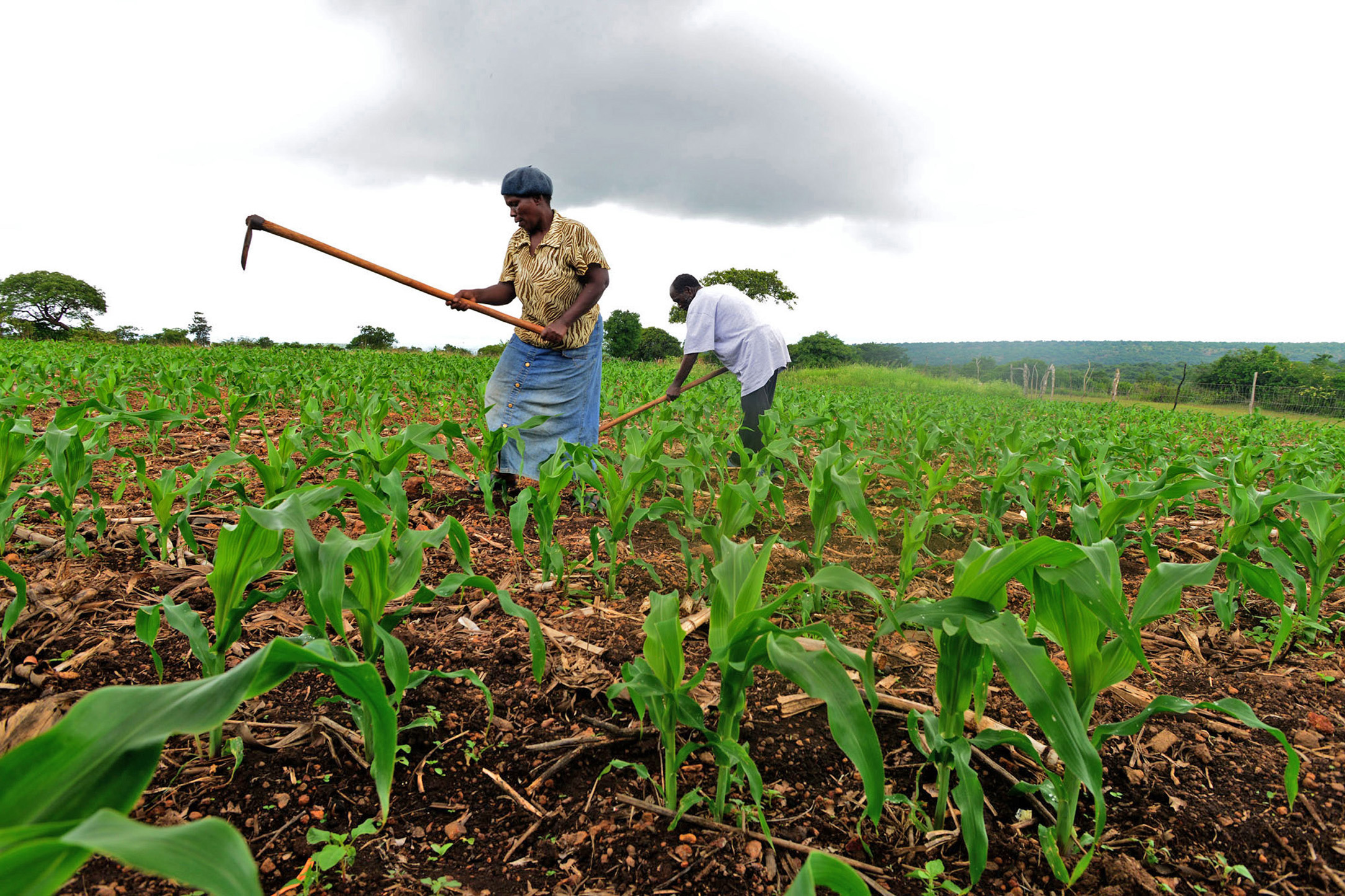
By Khulile Thwala
The World Food Programme (WFP) has noted that smallholder farmers, particularly, women, have enhanced capacities to sustainably produce and supply structured markets with nutritious foods by 2025.
In its current Annual Country Report, WFP states that in 2022, this project was resourced at more than 100 per cent, with E23.2 million. This represents a 50 per cent increase compared to 2021.
In 2022, 266 smallholder farmers were supported through training while 510 neighbourhood care points were capacitated in food production.
WFP aims to support Eswatini in achieving a healthy, sustainable, and resilient food system by 2030 using holistic development that focuses on smallholder farmer market support, school feeding, and rural women’s economic empowerment.
Quality
WFP, through the home-grown school feeding (HGSF), supported smallholder farmers to improve post-harvest practices and maximise yield quality and quantity through capacity-building activities, enhanced access to innovative technologies and equipment, and market linkage support.
According to WFP, it further piloted the HGSF project together with Food and Agriculture Organisation (FAO) and was partly funded by the Eswatini Government to cover the provision of vegetables and eggs to complement the food basket provided to learners at school.
Read More: NAMBoard rejects vegetables due to poor quality
Through the home-grown programme, WFP has reported that it promoted smallholder farmers’ access to institutional markets, with an integrated package of services adapted to the needs of women farmers. WFP also co-chaired the HGSF steering committee with the Ministry of Education and Training, the Ministry of Agriculture and the National Maize Corporation (NMC).
The platform brought together all stakeholders and practitioners to ensure the coordination of activities in the maize and beans value chains.
This role reportedly strengthened WFP’s visibility and influence in the agricultural sector.
Market Support
Funded by the Japanese Government, WFP also implemented the smallholder agricultural market support pilot that aimed to increase farmers’ agricultural productivity and enhance the marketability of agriculture products.
It is said to have supported 700 smallholder farmers (67 per cent female) across 36 cooperatives in 4 regions through capacity building, value chain coordination, and market facilitation, allowing farmers to access premium markets.
Owing to new multi-year funding from Japan in 2022, the project was extended by the donor until 2024. Supported farmers are reported to have sold 16 000 metric tonnes of maize and beans worth E9.8 million.
Meanwhile, WFP reports that compared to sales in other markets, smallholder farmer cooperatives selling to WFP and linked buyers earned three per cent higher prices for maize sold in 2022.
On average, 68 per cent of supported farmers (70 per cent female) reported an increase in the production of nutritious crops including vegetables as a result of training received from WFP and partners. WFP also conducted good agriculture practices capacity building for 460 smallholder farmers (68 per cent female) to prevent post-harvest losses and enhance productivity.
Awarness
As a result, WFP-supported farmers reported 96 per cent lower post-harvest losses, and aflatoxin awareness increased to 64 per cent in 2022 compared to 55 per cent in 2021.
At the strategic level, WFP is said to have supported the government in revising its farmer development strategy along the five pathways agreed upon at the Food Summit.
Read More: Eswatini signs MOUs with Bangladesh on farming, agriculture
The programme formalised a partnership with the Ministry of Agriculture and Royal Science and Technology Park (RSTP) through a memorandum of understanding (MoU).
The agreement allows WFP and RSTP to develop a virtual farmers’ market, potentially linking farmers to premium markets and increasing their incomes.
Furthermore, WFP is said to have collaborated with the Center for Financial Inclusion (CFI) to upskill farmers in financial literacy, an initiative that raised farmers’ financial management and prudence in spending their hard-earned income.






